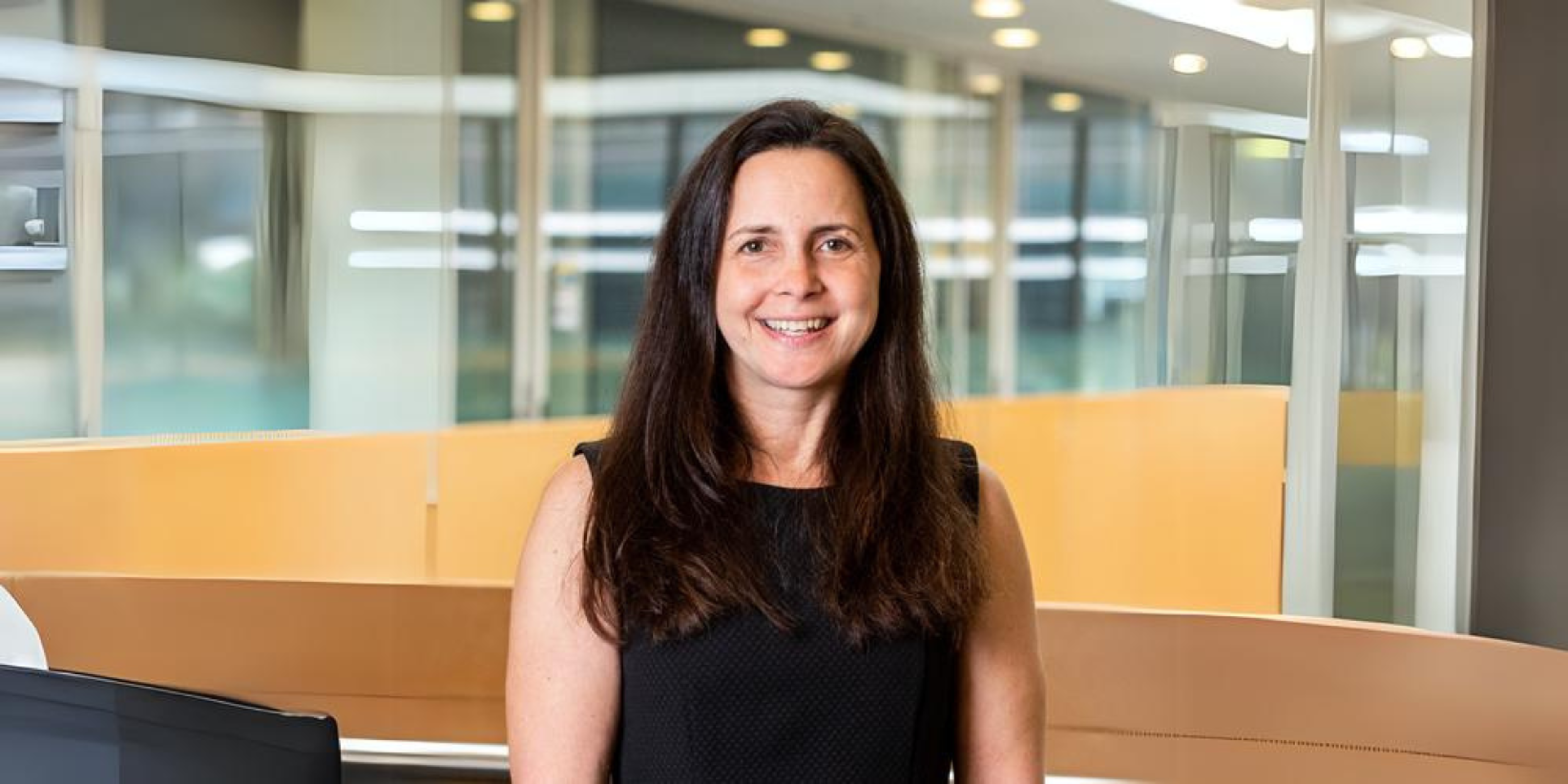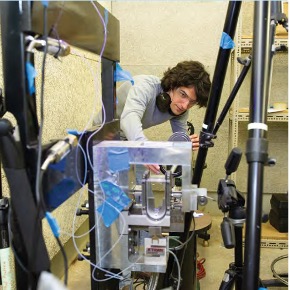In January 2018 the PLuS Alliance launched its first jointly conceived fully online degree, the Bachelor of International Public Health (BIPH) at ASU and UNSW. The BIPH embodies the core principles of the PLuS Alliance to develop solutions to global challenges with social impact and was designed to improve the health of communities locally and internationally. An innovative core course for the new degree that has broken new ground is the International Indigenous Health course. Co-developed and led by Dr Lois Meyer, UNSW PLuS Alliance Fellow and BIPH Director and Dr Felicia Mitchell, Associate Professor, ASU, the course examines from an international perspective issues that confront Indigenous peoples’ health and wellbeing and the need for global action. Rich multimedia case studies are presented drawing on the research expertise and experiences of a breadth of Indigenous and non-Indigenous academics from Australia and the United States.
This outcome was particularly outstanding as typically, Indigenous health courses focus on one country and are presented from that perspective only, they are often delivered in face to face mode and in this case there were no guidelines for setting up a co-developed course as the PLuS Alliance was so new – this course was the first! Apart from the challenge of the International Indigenous Health course being developed across institutions ‘virtually’, it began in 2017 before the first students had registered and who would enrol online and from where unknowns, as was their understanding of First Nation issues. It was anticipated that the majority of students would be from Australasia and the Americas and to avert communication problems and promote appropriate and scholarly terminology across country contexts a glossary was developed. The teaching philosophy centres around a strength-based approach with a strong conceptual understanding of the landscape before the development of practical solutions to the issues are discussed. Dr Meyer calls it “the pedagogy of discomfort within a safe space.”
The undergraduate course is now in its second year at ASU and has just entered its third year at UNSW, with the intake quadrupling from Year 1. There are over 100 students across the three years with UNSW taking on their third cohort in January 2020. The experiences of the students are recorded in reflective blogs, discussion forums and joint assessments. Below are some insights into the student experience.
Gloria
“Learning about food security and sovereignty has been impactful, as I’ve been trying to understand ways in which to re-connect all of the various pieces involved in expanding nutritional content in a variety of settings. This course has opened my eyes to the extremely interconnected challenges of land rights and how this then feeds into availability of foods, and then of course climate change and how in turn this effects crop yield and water availability, and how reliance on consumer goods when these delicate balances are not met, radically reduces quality nutrition options."
Stephanie
“This has had a huge impact on my understanding of the health of populations and has changed the ways in which I view the health of individuals. I have already found myself questioning all the possible reasons for an individual’s current circumstances, rather than simply making assumptions. After this course, I have realised the extent of the issues that are still occurring in developed countries such as Australia and the United States. This has made me realise the steps I can take now, such as volunteering in public health initiatives targeted towards Indigenous Australians and raising awareness for the issues still occurring in our country, facing the Torres Strait Islanders today.”
Jose
“Hearing Dr Felicia Mitchell discuss her study, Water is Life: A Community-Based Participatory Study of the Significance of Water and its Relationship to the Health and Well-Being of the Kickapoo Tribe in Kansas was particularly inspiring. Often when we analyse the health deficits of Indigenous people, the strength and resilience of Indigenous people are overlooked. Therefore, strengths-based health action such as Dr Mitchell’s study, are a refreshing change that not only inspires Indigenous people but inspires public health workers to participate in strengths-based health action.”
Dr Mitchell engaged indigenous members of ASU faculty to bring their expertise to the teaching of the module. She comments “it is important to have indigenous faces and voices talking about health, which has not always been the case. The course needed to do justice to our communities and be the best that it can be.” The first BIPH cohort will graduate in 2021.
Highlights of the Bachelor of International Public Health
The Bachelor of International Public Health (BIPH) degree aims to meet the growing global demand for public health workers. This innovative programme is designed to build and strengthen the international public health workforce and to address a projected 18 million healthcare worker deficit worldwide. The current Coronavirus outbreak has acutely highlighted this in different regions of the world.
The 100% online coursework is designed specifically to meet student requirements in relation to critical needs areas of public health (global health policy, data and informatics, systems thinking, ethics, economics and community-based care). The BIPH prepares students for new approaches to emerging global and public health issues related to communicable and non-communicable diseases, women’s and children’s health, mental illness, indigenous health and environmental health. The inherent flexibility of its structure allows students to tailor the program to their individual needs and skills requirements.
The engagement with different perspectives, teaching methodologies, cultural contexts and in-country circumstances, makes the academic experience unique, equipping BIPH graduates with highly transferable and desirable skills.
> International collaborative degree program that aligns with global health needs
> Online and accessible, world-class academic offerings
> Engagement with public and private partners
> Global exchange and placement opportunities
> Jointly developed coursework from the PLuS Alliance universities
Click on link for further information and how to enrol on the online degree Bachelor of International Public Health.
Bisi Olulode, Communications Officer Olabisi.olulode@plusalliance.org


